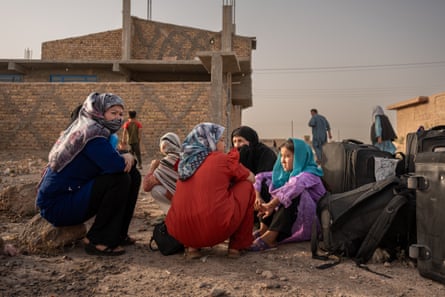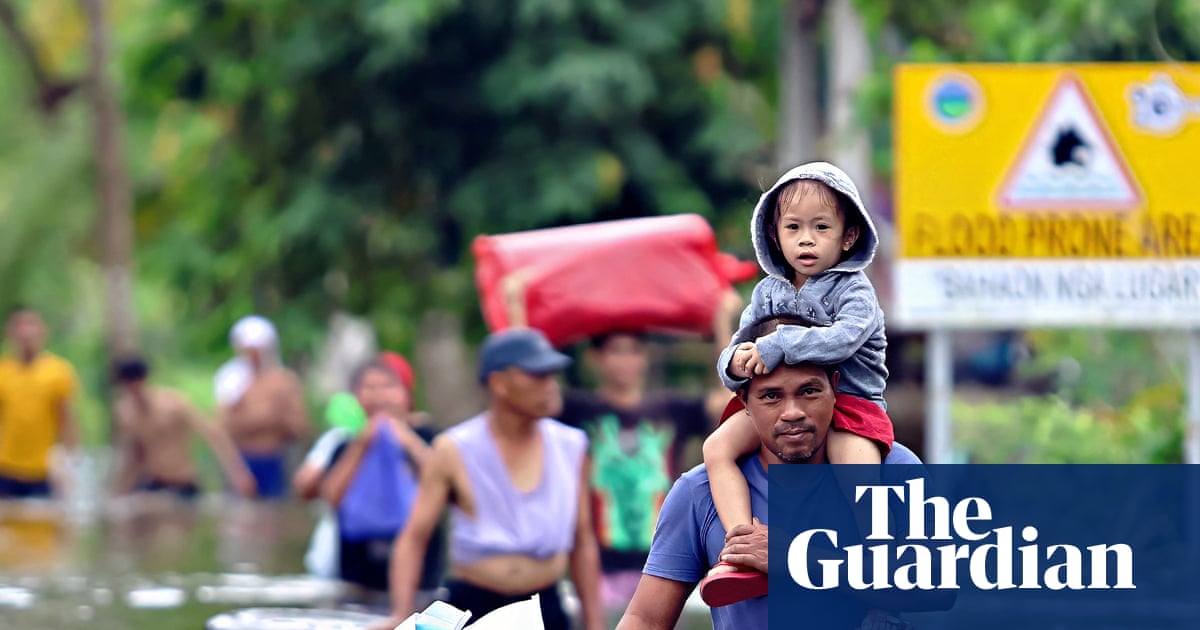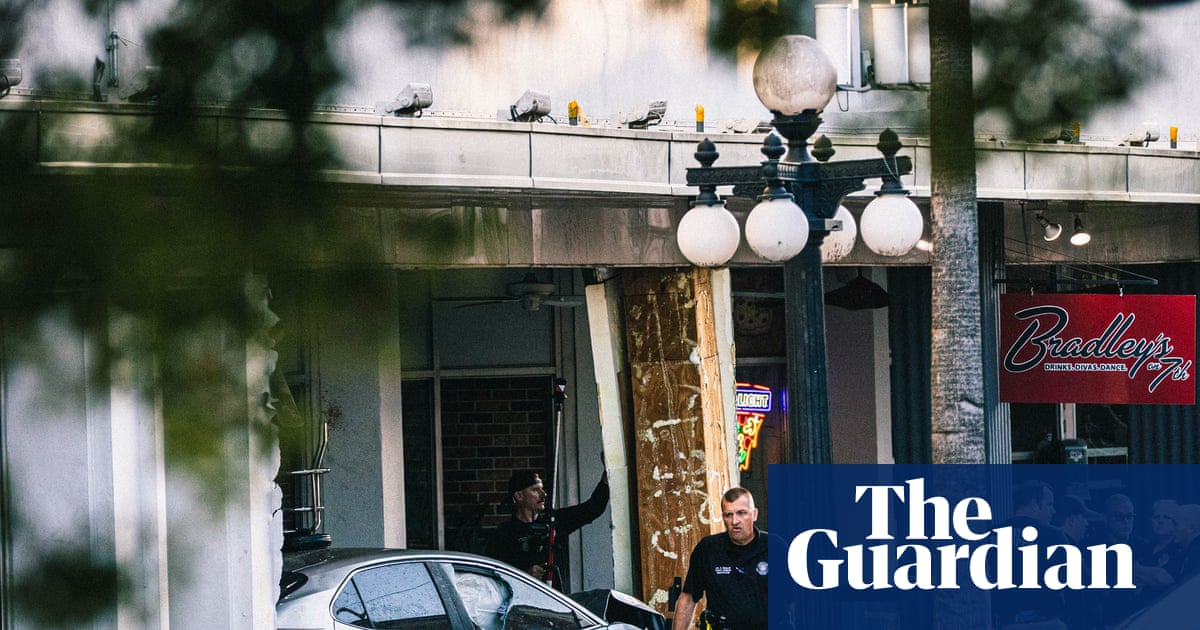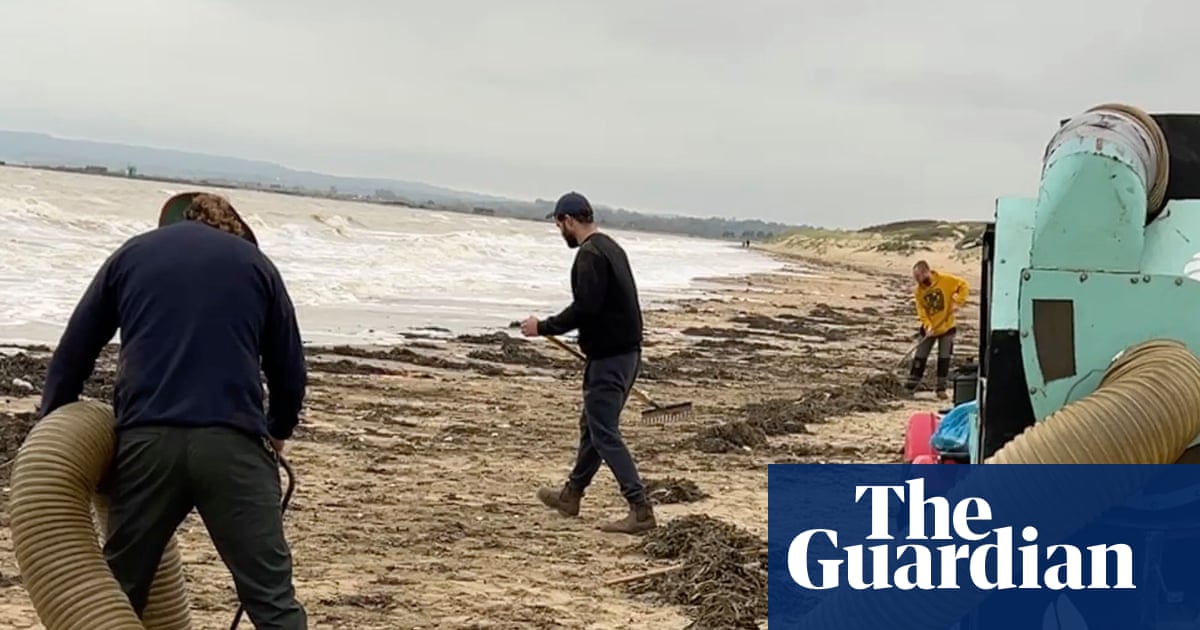Safia* thought she had finally found safety for herself and her children. After years of violence and hardship at the hands of her husband, a police officer who became a Taliban commander in the western province of Herat, Safia and her two children had fled to Iran in 2018 to start a new life.
There, with the help of other refugee Afghan women, she had started a small clothing business and had built a fragile but dignified life for herself and her family.
Two weeks ago, that all collapsed when Safia and her teenage children were given a deportation notice. They joined hundreds of thousands of other refugees being rounded up and forced back over the border into Afghanistan.
Now back in Herat, Safia lives in daily terror of her husband and his family.
“I was his second wife. My father forced me to marry him because he had money and power. He used to beat me constantly,” she says. “Here in Herat, it is not safe for me. My husband is now working with the Taliban and still has influence.”
Even though Safia was able to pull together some money before she was deported, she has not been able to find anywhere stable for her and her children to live and has no way of making a living.
Of the estimated 800,000 undocumented Afghan refugees and migrants who were returned from Iran between 1 June and 23 July this year, the International Organization for Migration (IOM) says that 153,000 were women.

Zuhal Nabi, of IOM Afghanistan, says of these 153,000 women, 8% are “female-headed households”, deported back to Afghanistan alone with their children without a husband or male guardian.
All have been forcibly returned to a country operating under what is in effect a system of gender apartheid, and where women’s rights have been stripped back to the bone.
Safia and thousands like her find themselves in a country where women cannot rent homes without a male guardian, where they are barred from most paid work and cannot even visit a health clinic without a male escort.
Human rights and aid organisations are warning that the number of single women who have been deported from Iran in the past few weeks has already overwhelmed the few remaining support systems, leaving many female-headed households trapped in poverty and exposed to abuse.
Reporters from Zan Times talked to nine women forced to return to Afghanistan from Iran with their children but without a male guardian, all of whom say they are struggling to find shelter and food, while facing a maze of legal, economic and cultural restrictions.
Fahima, who returned to Afghanistan in June, says no landlord will rent to her. “They tell me outright that Taliban rules forbid it,” she says.
“I’ve been couch-surfing with relatives since I arrived. The only way to get a house is if a male relative signs the lease.”
Two rental agents who agreed to be interviewed say it is impossible for them to offer housing to single or unaccompanied women. “All rental agreements must be registered with the Taliban intelligence. If we rent to an unaccompanied woman, we risk imprisonment,” the owner of a small real-estate company in Herat says. “It’s just not worth it.”

The lack of housing is matched by a lack of work. Raqia, a recently returned widow, says the only available jobs are underground and precarious.
after newsletter promotion
“Even if a woman has skills, like tailoring or hairdressing, she must work in secret, at home. In Iran, I worked in a handbag factory; here, I can’t work outside at all.”
Almost all of the women talked of feelings of grief at losing everything they had and being sent back to Afghanistan.
Sabera from Kunduz recalls how she lost all her possessions when her family was expelled abruptly. “They didn’t even let us take our furniture. We left with just one set of clothes each,” she says.
“The Iranian police beat my sons so badly they couldn’t eat. I had to take them to the hospital often. My children now suffer from trauma. No one listens to us. We are refugees – we have no rights.”
Maida moved to Iran with her son after her husband, a police officer under the previous government, died in a military operation. She says when she was detained by police in Iran, she was alone, queueing for bread.
“They didn’t let me go home to get my son. They just took me to the deportation camp in Shandiz and sent me back to Herat.”
Now living with members of her extended family, Maida faces the impossible choice of remaining separated from her son or risking another dangerous journey back. “I can’t stay here, away from my child, dependent on relatives, but without a passport and with Iran no longer issuing visas, I don’t know how to get back to him.
“I can’t live like this,” she says, “but I don’t know what to do.”
* All names have been changed

 3 months ago
81
3 months ago
81

















































